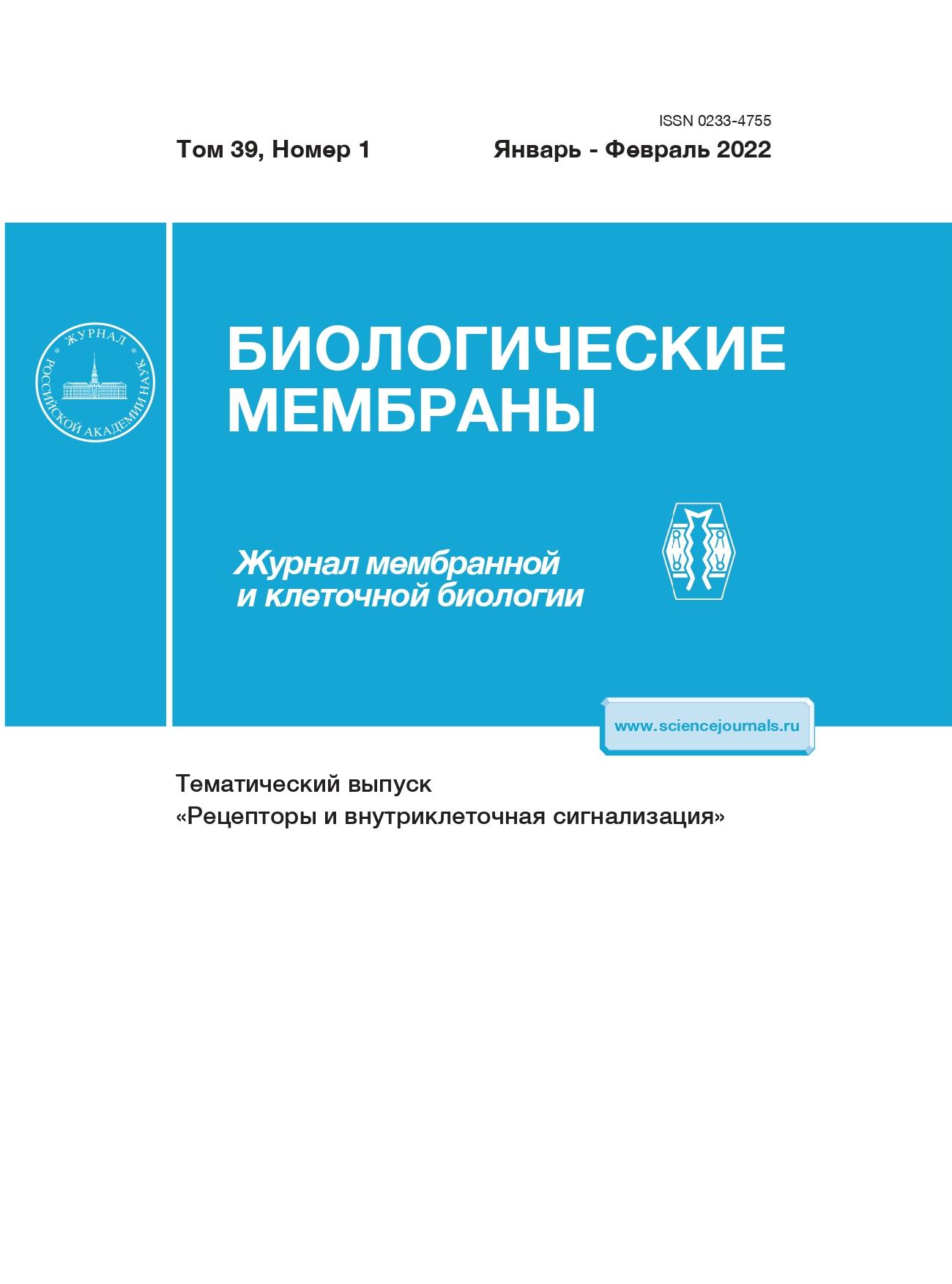
BIOLOGICHESKIE MEMBRANY
Journal of Membrane and Cell Biology

Journal of Membrane and Cell Biology
N. A. Vilchinskaya, E. P. Mochalova, B. S. Shenkman
Biochemistry (Moscow), Supplement Series A: Membrane and Cell Biology. 2020;14(1):1-6
Pages: 1-6
Skeletal muscle atrophy is a critical challenge in conditions of reduced mechanical loading, such as microgravity or prolonged bed rest, with the slow-twitch soleus muscle being particularly susceptible. This study investigates the potential protective role of $\beta$-guanidinopropionic acid ($\beta$-GPA), a creatine analog known to modulate cellular energy status via the AMP-activated protein kinase (AMPK) pathway, on the signaling mechanisms underlying muscle wasting. We examined the effect of $\beta$-GPA administration on key markers of anabolic (e.g., Akt/mTOR) and catabolic (e.g., ubiquitin-proteasome system components) signaling pathways in the rat soleus muscle during the initial, highly dynamic stage of hindlimb unloading (HU). Male Wistar rats were pre-treated with $\beta$-GPA before undergoing a short period of HU. The primary objective was to determine if $\beta$-GPA could mitigate the early shift towards a catabolic state induced by mechanical unloading. Our findings suggest that $\beta$-GPA pretreatment significantly attenuated the decrease in anabolic signaling markers and suppressed the activation of catabolic pathways, thereby preserving the muscle's protein balance. These results highlight $\beta$-GPA as a promising pharmacological agent for counteracting disuse-induced muscle atrophy, offering insights into the metabolic and molecular mechanisms that govern muscle plasticity in response to mechanical stress. Further research is warranted to translate these findings into effective countermeasures for human spaceflight and clinical settings.